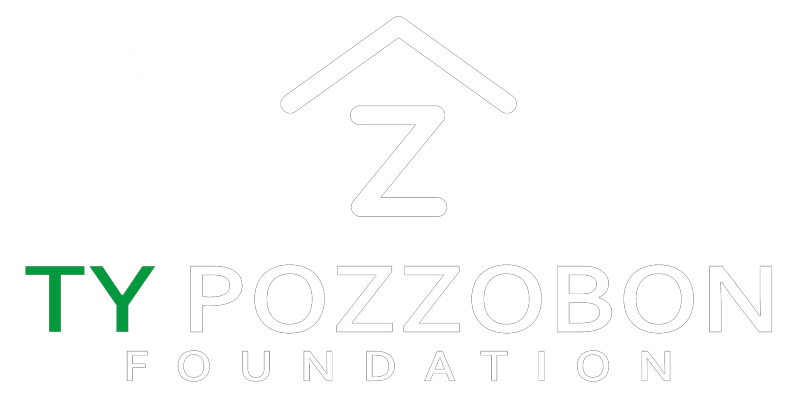October 10, 2017
Media Contact: Susan Gregg, UW Medicine, sghanson@uw.edu; 206-616-6730
The Pozzobon family is not participating in media interviews at this time. If you wish to speak to Drs. Keene or MacDonald, please contact Susan Gregg.
Pozzobon’s family suspected that his death was the result of repeated head injuries and concussions sustained during his rodeo career. They generously donated Ty’s brain to the University of Washington School of Medicine Neuropathology Core in Seattle. An image-guided neuropathological examination of Ty’s brain was carried out by Dr. C. Dirk Keene (Nancy and Buster Alvord Endowed Chair in Neuropathology and Leader of the Neuropathology and Targeted Molecular Testing Core) and Dr. Christine MacDonald (Associate Professor of Neurological Surgery).
After thorough examination of Ty’s brain, Dr. Keene concluded that Ty had neuropathologic changes diagnostic of chronic traumatic encephalopathy (CTE). Further neuropathologic examination also confirmed evidence of chronic traumatic axonal injury that was consistent with traumatic brain injury identified by an MRI completed before his death.
Ty Pozzobon is the first confirmed case of CTE in a professional bull rider.
UW Medicine is grateful to the family of Ty Pozzobon for donating Ty’s brain to the University of Washington School of Medicine Neuropathology Core, and for their support in allowing us to review his medical records for abstraction of his head injury exposure history and MRI scans, which allowed registration of the imaging collected in life to his post-mortem brain tissue for guidance in tissue sectioning for neuropathological examination.
Ty’s brain tissue will contribute to numerous studies aimed at better understanding the pathophysiology of traumatic brain injury and chronic traumatic encephalopathy (CTE) in order to develop better diagnostic tests and new treatments.
Pozzobon Family Statement
The Pozzobon Family would like to thank the team at the University of Washington School of Medicine for their time and care during this process. The results that they have provided can only help others and that is the family’s wish and goal. Ty’s passing has brought so much sorrow and pain to all, we hope everyone, specifically athletes understand that we need to educate each other with regards to head injuries, both short and long-term impacts. Ty’s family believes not to stop doing what you are passionate about but do it in a smarter way, and listen to both what the medical professionals tell you and what your body and mind are telling you.
Brain Donation
Brain donation is the most precious and valuable gift that a patient and family can give, with unique benefits. The samples allow researchers to study the link between brain diseases, and to perform analyses that will identify molecular targets for early detection, treatments, and cures.
For more information on brain donation: https://depts.washington.edu/mbwc/adrc/page/participation-in-research-brain-donation
UW Medicine is the one of the top rated academic medical systems in the world. With a mission to improve the health of the public, UW Medicine educates the next generation of physicians and scientists, leads one of the world’s largest and most comprehensive medical research programs, and provides outstanding care to patients from across the globe.
The UW School of Medicine, part of the UW Medicine system, receives more than $1 billion per year in research funding, ranking it as the top public institution recipient of biomedical research funding from the National Institutes of Health (NIH) and second among all public and private institutions for NIH funding. For more information, visit uwmedicine.org.
